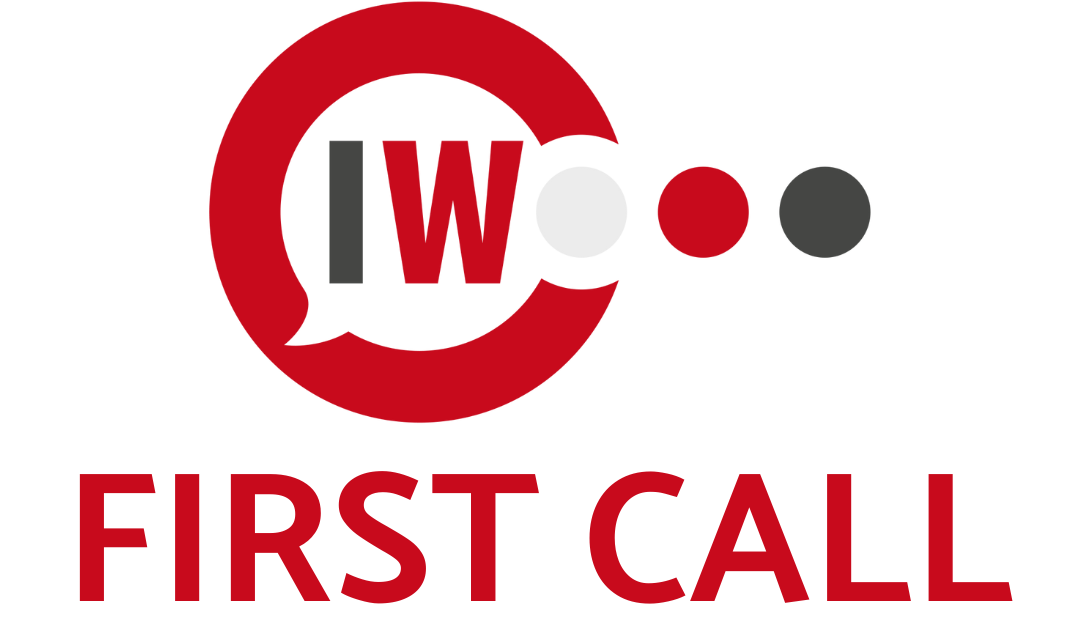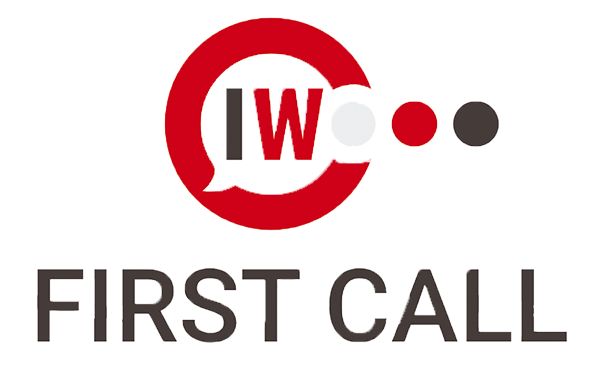The insurance industry is rapidly evolving. Insurance agencies are looking for ways to improve efficiency, boost productivity, enhance customer service, and reduce costs. One solution that checks all these boxes is leveraging virtual assistants.
What is an Insurance Virtual Assistant?
An insurance virtual assistant (VA) is a remote contractor who performs various administrative and customer service tasks for an insurance agency.
Insurance VAs can handle tasks like:
- Customer service
- Data entry
- Scheduling appointments
- Managing documents and files
- Preparing reports
- Fielding calls
- Research
By outsourcing these time-consuming tasks to a dedicated VA, insurance agents free up their time to focus on revenue-generating activities like selling policies and building client relationships.
Types of Tasks Performed
Insurance virtual assistants perform a wide variety of tasks to support insurance agents and agencies. Some common responsibilities include:

- Customer Service: Handling inbound calls and emails, addressing customer inquiries, processing payments and policy changes, resolving issues
- Appointment Scheduling: Managing calendars, booking sales meetings and policy reviews for agents, sending appointment reminders
- Data Entry: Accurately inputting information into CRMs, carrier portals and other databases
- Reporting: Running reports, analyzing data, and preparing presentations on request
- Document Management: Organizing paperwork, scanning, and filing documents into online systems
- Marketing Support: Assisting with email campaigns, website updates, social media posts, blogging
Benefits of Using a Virtual Assistant
There are many advantages to bringing a virtual assistant onto your insurance team:
1. Improved Productivity
With an insurance VA handling admin work, agents have more time for selling, networking, and advising clients. This leads to higher sales numbers and revenue.
How VAs Boost Productivity
Insurance virtual assistants improve productivity in a few key ways:
- Handle Time-Consuming Tasks: Mundane admin tasks are taken off the plates of agents
- Free Up Agent Time: Agents focus on high-dollar activities instead of paperwork
- Expand Capacity Dynamically: Scale support staff up and down as needed
- Provide Specialized Expertise: VAs bring skills and knowledge agents may lack
2. Better Customer Experience
Customers get quicker responses and more individualized service when agents have support staff to assist with everyday requests and questions.
Improving Customer Satisfaction
By providing prompt, personalized service to clients, insurance virtual assistants:
- Demonstrate that the agency cares about meeting customer needs
- Build trust and goodwill with policyholders
- Encourage additional business and referrals
- Reduce frustration that leads to complaints or churn
3. Cost Savings
Insurance VAs allow you to scale your support capabilities without committing to full-time hires. You save on overhead like office space, equipment, and benefits.
4. Flexible Support
Virtual assistants provide scalable and on-demand assistance. Ramp up or down as your business needs change.
Key Tasks an Insurance VA Can Take On

Virtual assistants in the insurance sector take on a wide variety of responsibilities, including:
Customer Service
An insurance VA serves as the first point of contact for clients. They can field calls, emails, and live chats to resolve issues, update records, take payments and more. This lifts the customer service burden from agents.
Handling Customer Inquiries
As part of customer service duties, insurance VAs may assist with:
- Investigating problems and complaints
- Processing payments and policy changes
- Submitting documentation
- Managing renewals and cancellations
Managing Appointments
VAs schedule sales meetings, policy reviews, and other appointments between agents and clients. They confirm details, send reminders, and reschedule when needed.
Streamlining the Scheduling Process
Insurance virtual assistants can improve scheduling by:
- Maintaining shared calendars
- Finding openings that work for all parties
- Proactively sending appointment confirmations and reminders
- Rescheduling meetings when conflicts come up
Policy Administration
Virtual assistants help with policy changes, renewals, cancellations, and endorsements. They submit paperwork, communicate policy details, and ensure all records are updated.
Supporting Policy Administration
Specific ways VAs assist with policies include:
- Processing requests for changes, cancellations, etc.
- Completing and submitting required paperwork
- Informing clients of status updates, next steps, etc.
- Entering updates into databases and notifying stakeholders
Lead Generation & Qualification
Insurance VAs research prospects, compile lead lists, reach out to potential clients, and qualify leads for agents to contact. Their efforts expand the sales pipeline.
Data Entry & Reporting
Entering information into CRMs and carrier portals is time-consuming for agents. VAs accurately input data and pull custom reports on request.
Marketing Support
VAs assist with email campaigns, social media, blogging, event planning and other initiatives to attract new business.
How to Find the Right Virtual Assistant
With an insurance VA now on your radar, here’s what to look for when recruiting one:
Insurance Experience
Prior experience in the insurance industry is an asset. VAs with existing knowledge require less training and get up to speed faster.
Organization & Time Management
Juggling various tasks and projects demands stellar organizational skills. Look for candidates who know how to prioritize and manage their time effectively.
Communication Abilities
Insurance VAs communicate constantly with team members, clients, and partners. Strong written and verbal skills are a must.
Technical Proficiency
Virtual assistants should have expertise with typical insurance software programs as well as digital tools like video chat, project managers, email services and more.
Detail-Orientation
Precision with data entry, documentation and reporting is crucial in the insurance sector. VAs need to have an eye for detail.
Ready to Add an Insurance VA?
Insurance agencies that leverage virtual assistants reduce costs, lift productivity, improve customer retention and position their business for growth. If you’re looking to streamline operations and refocus your team on revenue-generating priorities, it’s time to bring a virtual assistant on board.
Ready to experience the benefits of a virtual assistant? Discover how our insurance experts and BPO services can streamline your operations and boost your productivity.





